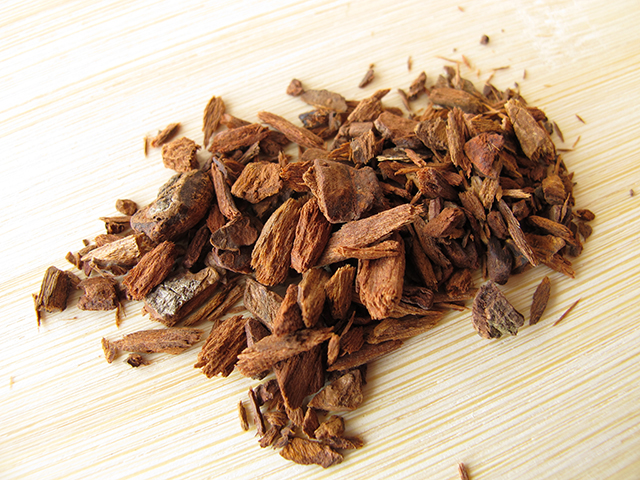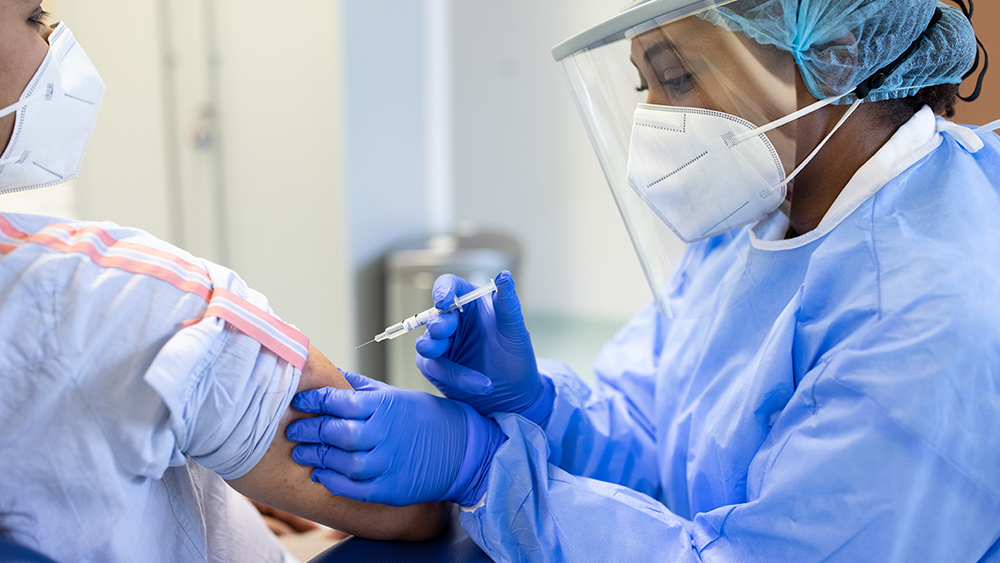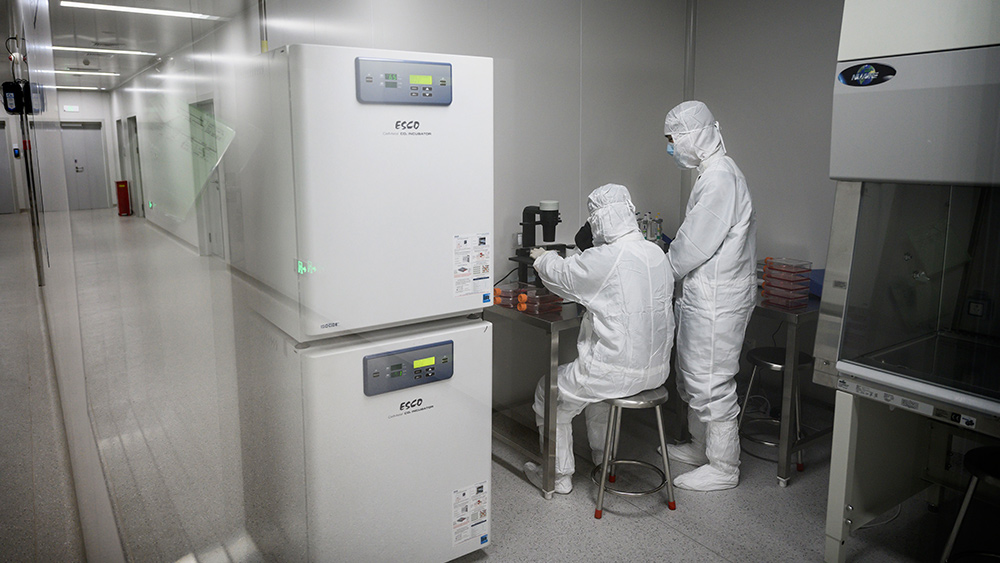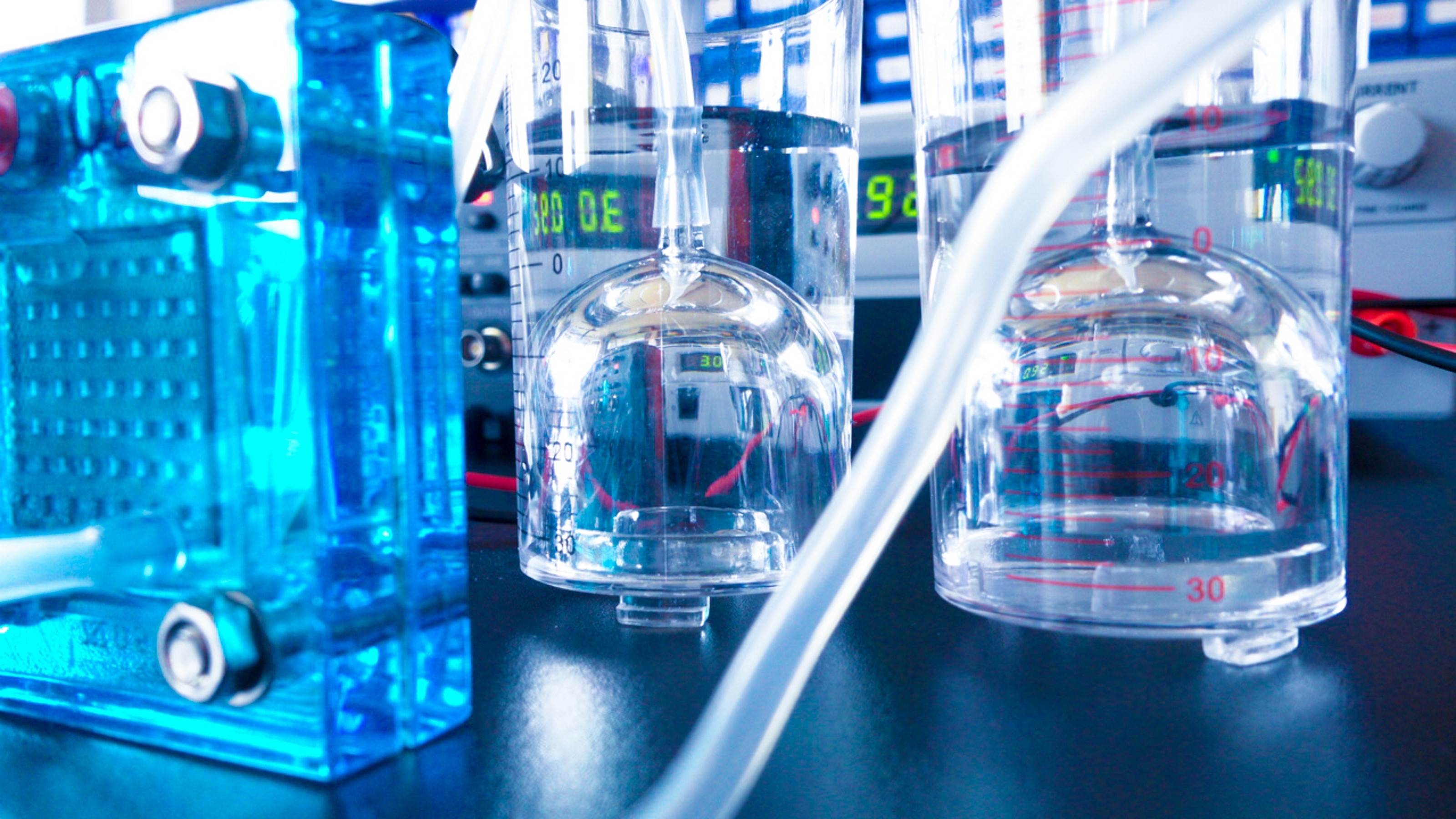Hydroxychloroquine precursor quinine has been used as medicine since the 1630s
07/30/2020 / By Cassie B.

When experts point out that hydroxychloroquine has been used safely for many years, they’re not exaggerating. Since it was first developed in 1950, it has been safely used by countless people to treat malaria, lupus, and rheumatoid arthritis. But its precursor, quinine, goes back even further. In fact, it was first used by Inca herbalists who shared what they knew about it with Jesuit priests during the early 17th century.
Although the precise origins of the practice are murky, the Inca herbalists used quinine-rich cinchona bark for treating malaria. The treatment was introduced to Spanish explorers in the early 17th century, who brought it back to Europe to help address the illness around the 1630s.
The herbalists ground the tree bark up into a powder, which they then used to make a drink that was administered to malaria patients. The drink was sometimes made with wine to help counter its better flavor.
The respected Spanish theologian Cardinal John de Lugo was known for promoting the use of the ground tree bark in the 1600s. Technological advancements eventually led to quinine being broken down into it safest and most useful compounds, and this brought us hydroxychloroquine during World War II. It was used during the war to help soldiers who were afflicted with malaria while fighting in Africa.
In the three centuries following quinine’s introduction to Western medicine, it was considered the only effective remedy for fighting malaria and benefited a significant number of people. On top of that, treating malaria with quinine was the first known successful use of a chemical compound in fighting an infectious disease.
Advanced synthetic form of quinine could help save lives in COVID-19 battle
Now, the advanced synthetic form of quinine, hydroxychloroquine, is making headlines for its use in treating COVID-19. However, there has been a lot of conflicting information about it – something that is not helped by the fact that President Trump has supported it as a treatment and his detractors are always eager to paint anything he supports in a negative light, whether it’s true or not.
Recently, Dr. Stella Immanuel explained how hydroxychloroquine can not only cure the disease but also prevent it in the first place, saying: “Nobody needs to get sick. This virus has a cure. It is called hydroxychloroquine, zinc, and Zithromax.”
Dr. Immanuel recounted her many successes in treating patients with hydroxychloroquine, including a 92-year-old who was suffering from coronavirus. All told, she says that she has treated more than 350 patients personally with the drug, including those with asthma, diabetes and high blood pressure. She’s using the regimen that many hydroxychloroquine studies back, pairing the drug with zinc and azithromycin.
She said that all of the patients have recovered fully, and she has not lost a single patient. Moreover, the doctor herself, her staff and many other doctors she knows are also taking hydroxychloroquine for prevention. She says it works early as a preventive prophylaxis, and no one on her team has gotten sick even though they are constantly in close contact with infected patients.
She said: “So if some fake science, some person sponsored by all these fake pharma companies, comes out and says, ‘oh, we’ve done studies and they found out that it doesn’t work,’ I can tell you categorically that it’s fake science.”
Of course, most people won’t hear about that because videos from the event at which these remarks were made, the America’s Frontline Doctors press conference, have been banned from all of the major tech platforms such as YouTube, Facebook and Twitter. Big Pharma would much rather have you believe that this cheap drug with a proven safety record and long tradition of use is risky so you’ll shell out top dollar for the inferior but far more profitable coronavirus drug Remdesivir.
Sources for this article include:
Submit a correction >>
Tagged Under:
alternative medicine, coronavirus, covid-19, evil, greed, Herbs, hydroxychloroquine, infections, Malaria, natural medicine, outbreak, pandemic, prevention, quinine
This article may contain statements that reflect the opinion of the author
RECENT NEWS & ARTICLES
COPYRIGHT © 2017 SCIENTIFIC NEWS





















